Excellent drills, very detailed videos. Useful site for my U15 boys team.
How do you encourage a team to 'get ahead of the ball' in match situations? Ian
Whenever i have the ball, and i'm moving up the field, everytime a defender comes and tries to take the ball, they always succed. This is a big problem of mine, i almost always lose the ball to a defender when i'm moving, and i usually can't recover (not that i literallyy CAN'T, the defender is just to far past me to be able for me to get the ball back)and get back the ball, and i feel really dumb because i'm a very talented player, but i'm alwayse afraid to take the ball mainly just because when i move fast and a defender comes, i try to lift the ball and it just doesn't work, and i normally can't pull the ball far enough either cause the grass is thik. PLEASSEEE help me adn give me some advice on recovering and better techniques on how to get by a defender while moving very quickly.
Training 30 Girls as a group before trials. What drills are best to get everyone involved. Take into account ages between 14 and 17.
How should a women team,that cannot use the scoup or an overhead,do when the oposit uses a full press at a 16yd hit??Thank you...
I am looking for 6 a side hockey formations. We have been playing 3-1-1-1. Worked very well, however sweeper was so good, goalie never touched the ball. I want to move sweeper to goalie/ sweeper but our mid field player is too good to just play right. What to do? 2-2-1-1 or 1-3-1-1?
How do you encourage positional play and spreading out on hockey field U9 girls level?
What are the key skills in individual defending and what are the best ways to practise them?
My U13 Girls play really well in the first half but drop of badly in the second half - this has caused us too many draws. How do I get consistency for the whole game?
we started the season 5-1 and now mid-way it seems we are fading? we have lost our last 3 games - what are some good drills to get them focused again and pumped for the rest of the season and to get them over the hump -to the next level. thanks
Hi all,I've got my level 2 assessment coming up on Sunday and I just wanted to quickly check whether there's a 'recommended' structure to the session plan.Btw, this is a level 2 practical assessment and is with juniors (U14s).One coach has suggested a 3 part approach:1) techniques and skills required2) unopposed 3) opposedThe theme I'm choosing, which is a bit of a generic one, is defending in a channel (as I'm a defender and it's pretty straight forward).I'm not really looking for info on what exactly to include (i.e. theme specific) but rather general structure or whether E.H. have an approved structure to sessions?My session's on Sunday, so a quick reply would be awesome.Thanks,Gary
I have recently taken on the role involving coaching junior hockey players (aged 10-13) who mostly have never played hockey before, and are very uninterested. Their basics are not good enough to play some games. How do I motivate them, and what kind of things shall I do in my session?
Hi,I perhaps naively, expected to have most of our team from last year carry over and only have a few new comers to integrate and get up to speed with the rest. However meeting the team at our first practice last night i find I have five players still at school from last year and the rest all new comers, most of whom had not held a hockey stick at all till practice.This being only my second season coaching (year 9 to year 13 boys) has left me feeling a little blindsided, and feeling quite unsure how to prepare practices that target both groups of boys. Do i lump them both groups together, keep them separate? What drills/exercises to best bring the new comers up to speed.I don't want to neglect either group, keep practice worthwhile for the experienced boys, but also bringing the new comers up to a level were they can mix in with the others and learn organically from them while practicing as a team. David
What are good drills to demonstrate obstruction and more importantly how to avoid obstruction
Hi,I perhaps naively, expected to have most of our team from last year carry over and only have a few new comers to integrate and get up to speed with the rest. However meeting the team at our first practice last night i find I have five players still at school from last year and the rest all new comers, most of whom had not held a hockey stick at all till practice.This being only my second season coaching (year 9 to year 13 boys) has left me feeling a little blindsided, and feeling quite unsure how to prepare practices that target both groups of boys. Do i lump them both groups together, keep them separate? What drills/exercises to best bring the new comers up to speed.I don't want to neglect either group, keep practice worthwhile for the experienced boys, but also bringing the new comers up to a level were they can mix in with the others and learn organically from them while practicing as a team. David
Whenever i have the ball, and i'm moving up the field, everytime a defender comes and tries to take the ball, they always succed. This is a big problem of mine, i almost always lose the ball to a defender when i'm moving, and i usually can't recover (not that i literallyy CAN'T, the defender is just to far past me to be able for me to get the ball back)and get back the ball, and i feel really dumb because i'm a very talented player, but i'm alwayse afraid to take the ball mainly just because when i move fast and a defender comes, i try to lift the ball and it just doesn't work, and i normally can't pull the ball far enough either cause the grass is thik. PLEASSEEE help me adn give me some advice on recovering and better techniques on how to get by a defender while moving very quickly.
How should a women team,that cannot use the scoup or an overhead,do when the oposit uses a full press at a 16yd hit??Thank you...
Hi all, after "volunteering" at the last minute to coach last season, I'm looking forward to coaching again this season but would like to be a bit more organised starting the season. Last season I used drills from here (thank you contributors) and put together a practice plan each week addressing what I thought were our weakness from the game just played. This got us through the season, we were promoted after grading and finished the season in the top 4 playoffs for our grade.I wonder if there is some kind of guide to putting a more coherent training plan together for the season.I'm coaching a boys secondary school team, aged 12-18. What kind of skills should they have mastered?What should they be attempting, working towards mastering (individually and as a team)?I last played as a collage boy on grass fields, the change to turf pitches has obviously obsoleted (along with age) much of what I knew as a player.Any pointers appreciated.David
we started the season 5-1 and now mid-way it seems we are fading? we have lost our last 3 games - what are some good drills to get them focused again and pumped for the rest of the season and to get them over the hump -to the next level. thanks
What are the key skills in individual defending and what are the best ways to practise them?
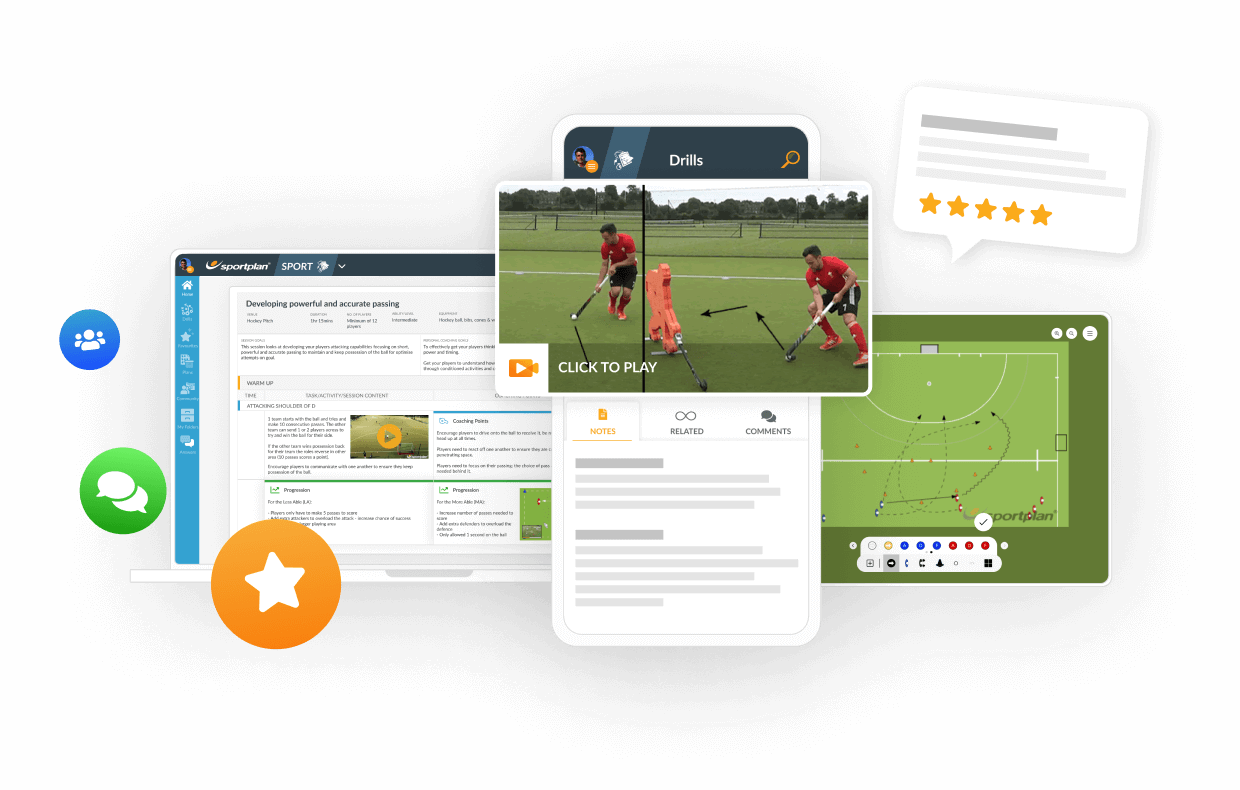
in more ways than one
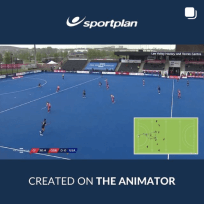
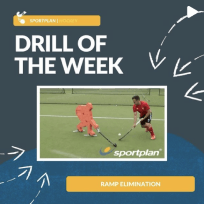
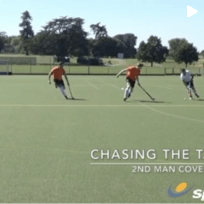
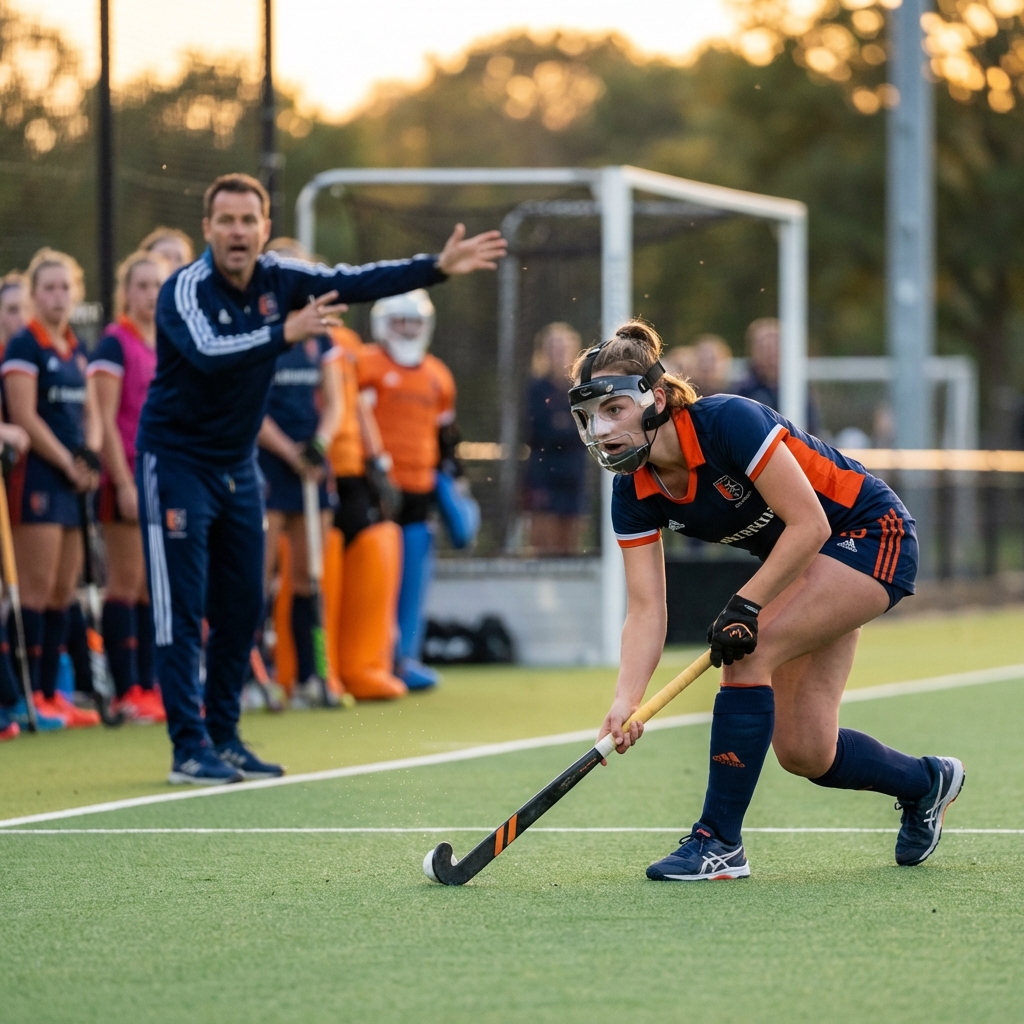
2026 is the first full year with mandatory face masks for penalty corner defence. Here's how to train your defenders for the new equipment reality.
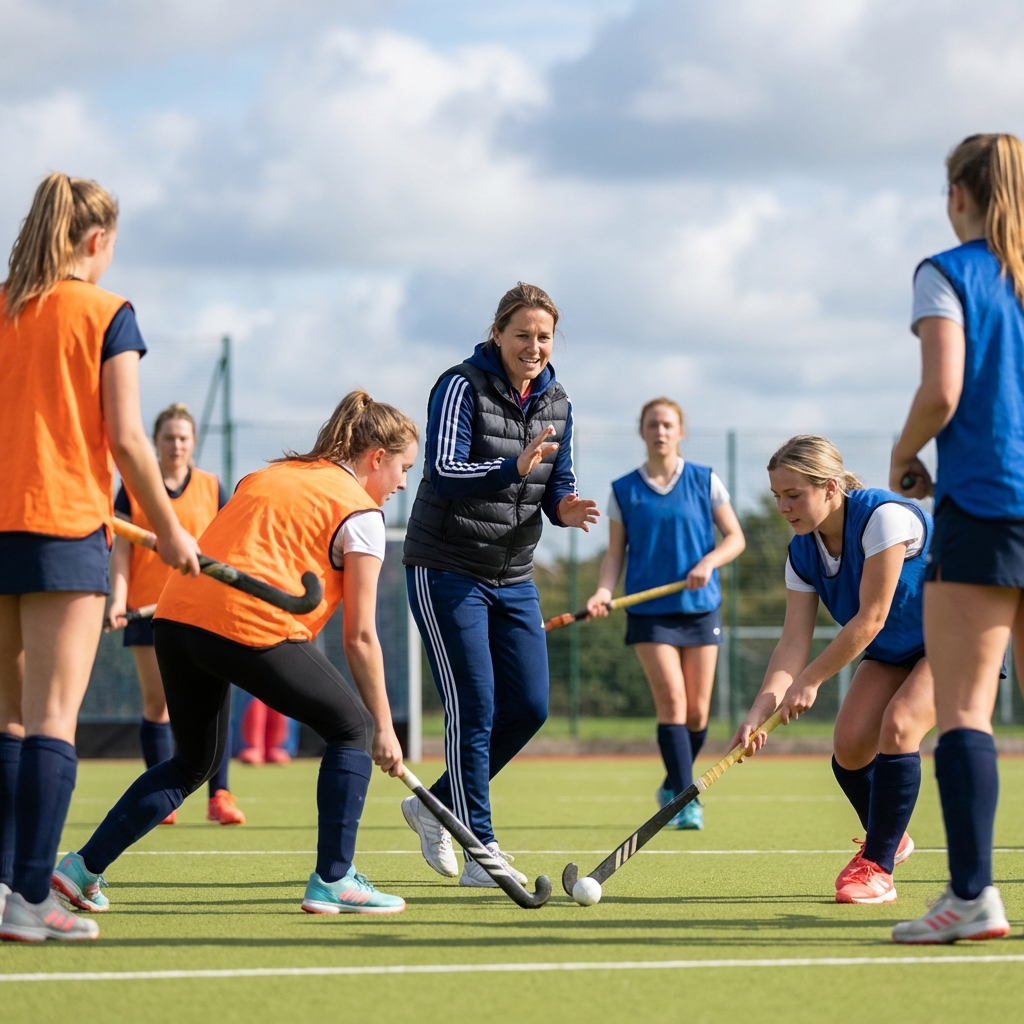
Move beyond drills and let your players discover solutions through play. The constraints-led approach is transforming how hockey is coached at every level.
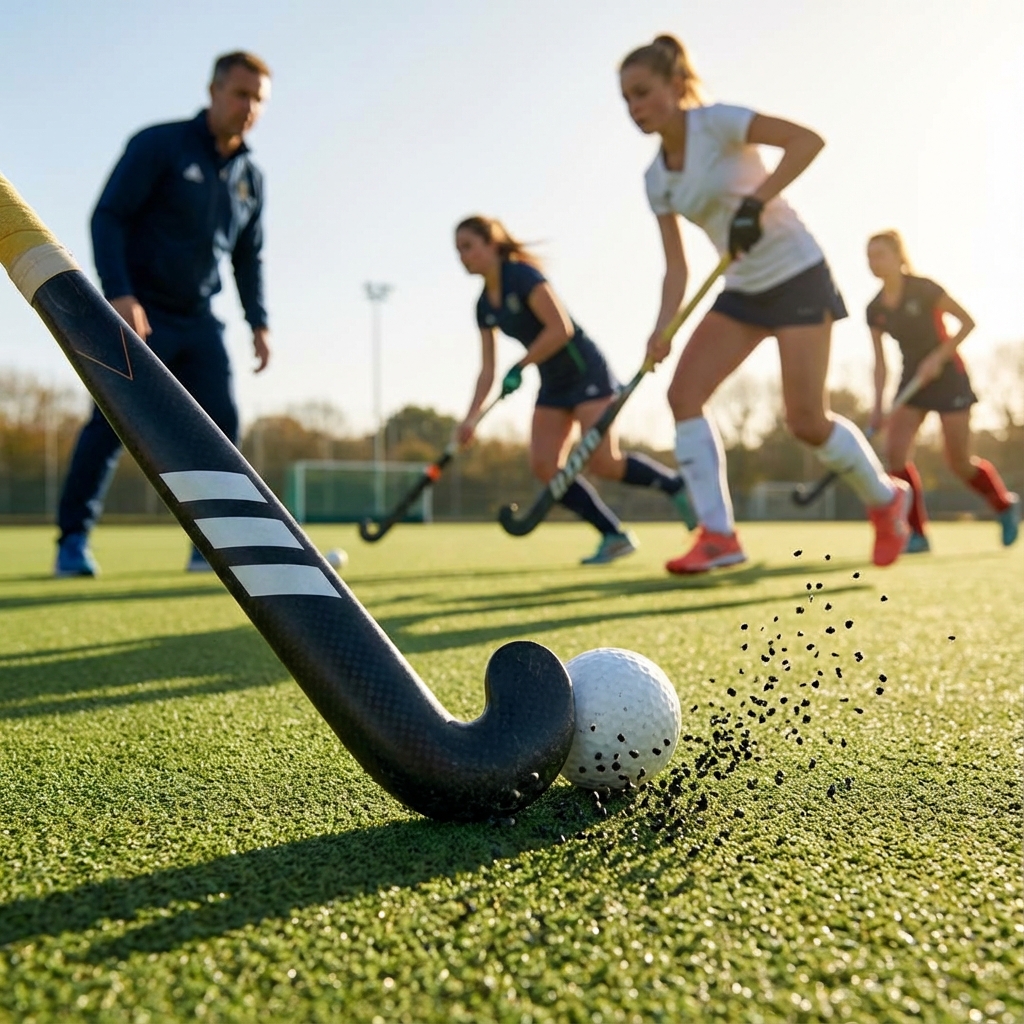
From mandatory safety equipment to evolving tactical systems and player-centred coaching methods, field hockey is transforming. Here's what every coach needs to know for 2026.
Coaches from around the world look to Sportplan for coaching confidence.